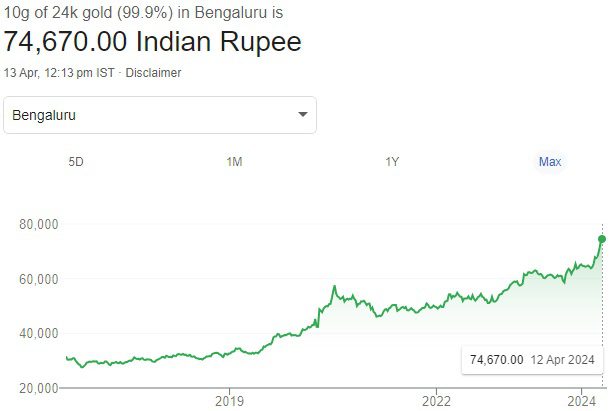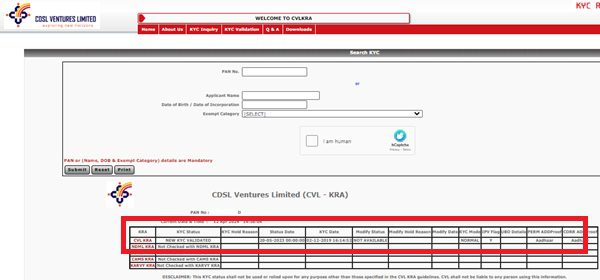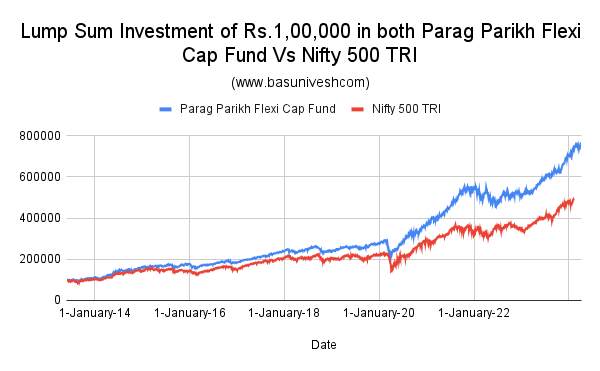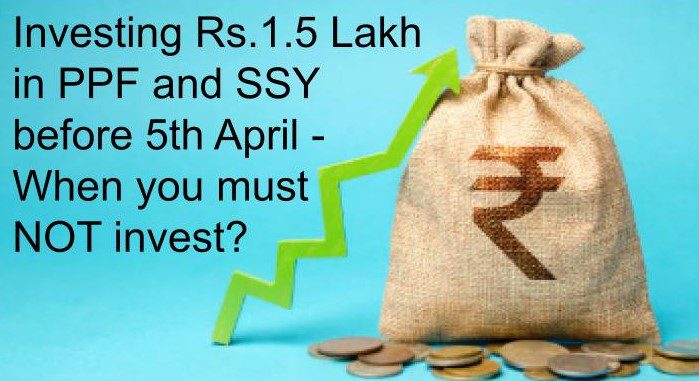Today is a big day when it comes to hopes from Modi’s first Budget. It is testing period for his Government. Expectations are high. But are they delivered? Let us take a look at each budget points which may impact your finance.

1) Tax exemption limit for Individual revised from basic Rs.2,00,000 to Rs.2,50,000
Previously tax exemption limit for an individual who is below 60 years of age was Rs.2,00,000 but now raised to Rs.2,50,000. For senior citizens it is Rs.3,00,000. I added separate post on the new tax slabs for FY 2014-15 (FY 2015-16). Please check at below link.
New Tax Slabs for FY 2014-15 (AY 2015-16)
2) Sec 80C limit raised from Rs.1,00,000 to Rs.1,50,000.
This is a change after long gap. So now you have Rs.50,000 more buffer to invest under Sec.80C and get the tax exemption. So you can invest more in tax saving FDs, ELSS, PPF, EPF, home loan principal and buy life insurance.
3) PPF limit raised to Rs.1,50,000
Previously in PPF one can invest maximum of Rs.1,00,000 now it is raised to Rs.1,50,000. So additional Rs.50,000 is available in FY.
4) Home Loan interest exemption limit raised from Rs.1.50,000 to Rs.2,00,000.
Your Home Loan principal will be available for exemption under Sec. 80C. But interest on Home Loan can be claimed as exemption under Sec.24 which was Rs.1,50,000 previous year and now the same is increased to Rs.2,00,000. So additional Rs.50,000 tax saving option.
But do remember that this is INTEREST which is considered as EXPENSES than INVESTMENT like products available under Sec.80C. So no need to be happy. But I hope for real estate this is a big boosting point to attract buyers.
5) Your Life Insurance attract 2% TDS.
In case your premium is more than 10% of Sum Assured then there will be 2% TDS, means if policy not eligible for Sec.10 10(D) of Income Tax. For detailed taxation of Life Insurance please visit my earlier post “Tax benefits of Life Insurance”
6) Kisan Vikas Patra (KVP) to re-introduced.
Old famous Indian investment product Kisan Vikas Patra be re-introduced. So one more debt option for Indian Investors.
7) LTCG on Debt Funds Raised.
Long Term Capital Gain for Debt Funds raised to 20%. Previously it was 10% without indexation and 20% with indexation. No only 20% with indexation.
8) Definition of LTCG for Debt Funds raised.
Previously long term means more than year but not it is 36 months.
9) Dividend Distribution Tax payment procedure changed.
Previously if Rs.100 was the surplus and Rs.80 will be distributing dividend then tax will be on Rs.80. But now this changed to total surplus available for payment of dividend. You may view detailed procedure in Mr.Pattu’s latest post. Below is the calculator which give you exact changes, again prepared by Mr.Pattu.
10) One Demat Account and single KYC for all Financial Transactions-
As of now you used to have multiple demat accounts to transact. But Finance Minister proposed to make it as one person and one demat. This will actually make your life ease. Also currently if you are planning to transact with mutual funds, banks and demat accounts need separate KYC procedure. This will be clubbed to single KYC.
11) Unified Account for EPF
From now onward you will have single EPF account and same will follow you whenever you change employment. So no need of either closure of old account or transfer it with new.
12) Currency notes will have Braille
Braille is the language for blind people. This implementation will actually ease the life of all blind people who need to depend either on other persons or be expertise themselves to identify the currency notes.
These are the changes which I felt important and will effect your personal finance.
Image courtesy of [Stuart Miles] / FreeDigitalPhotos.net










23 Responses
Hi Basu,
How do you compare ELSS vs PPF for long term investment with regards to assured returns & safety of funds
Shach-Both are meant for different goals and investors. But who said PPF gives you ASSURED RETURN?
Even though PPF limit is raised to Rs.1,50,000/- for FY 2014-15, it hasn’t effected actually.
I have already invested Rs.1 lac in PPF ac in SBI. When I tried to transfer Rs.100/- to my PPF ac in SBI from my HDFC ac by NEFT the funds are returned to my account with a remark “Maximum limit exceed”.
On inquiry it is learnt from the concerned SBI branch that it will take time to do changes in the system.
Patil-Thanks for your sharing 🙂
Dear Basu
Can I put additional 50K in PPF from this year itself? ie 2014 – 15 or this is applicable from next financial year onwards please.
Thanks
Vikas
Vikas-Please wait for few days to get exact picture. But in all probability this increment will be from current FY itself. Still I caution you to wait and watch. Because if hurriedly invest another Rs.50,000 in PPF above the maximum limit then that amount will not earn any interest for you.
please reply additional fofty thousand bucks can br deposited from which months to SBI?Asthey have rejected the additional payment last month. reply soon
Prahlad-Can you elaborate more of what you want from me? Also don’t use SMS language here.
IF OWN HOUSE GIVEN FOR RENTAL IN A APARTMENT OWNER`S ASOCIATION IS THERE ANY NON-OCCUPANCY CHARGES APPLICABLE TO PAY TO THE SOCIETY BY THE OWNER? THIS QUESTION RELATED TO APARTMENT IN KARNATAKA STATE.
Jadhav-I am not sure about the law of society. Please contact expert on that matter and it is not at all related to individual taxation.
Dear Basu… how do you rate ELSS as a tax saving tool. Does the interest earned from it taxable. How to start investigating in ELSS. I have NO IDEA about ELSS. Plz educate!
Yuvrag-ELSS is nothing but equity mutual funds which have lock in of 3 years. But I feel that if you have time horizon for waiting around 5+ years then enter in that otherwise a strict NO. Anything gained from this will be tax free as LTCG on equity is zero.
Can you explain changes on debt product taxation? is both FD and dept MF has same taxation level now ?
What is the status of DTE proposal. It said that ELSS scheme will lose the tax exemption benefits. is it coming or differed ? i know it was not discussed in budget but i am asking in general.
Elam-Just wait for a day as Govt cleared few doubts on same yesterday. I will write a elaborate post on the same.
hello,
How u will treat this budget as. and an middle class employee utilize this to a max.
Raj-Encash another Rs.50,000 from Sec.80C hike and PPF limit. But I discourage the housing loan interest advantage as it will not force you for investment rather interest is actually a expense.
Thank u
Affordable housing to be cheaper thanks to RBI what it means.
how to take of advantage of it. Required Clarity on the matter.
Awaiting for your reply
Raj-Let us wait and watch how Banks will float this.
In this budget dividend tax will be calculated on gross dividend by company and not on the dividend recd by investor. It is told that investor will now recieve less dividend. WILL U EXPLAIN IT
Bina-Previously if company have Rs.100 as dividend corpus then from that suppose they planned to distribute Rs.85 as dividend then tax will be only on Rs.85 but not on Rs.100. But currently tax on Rs.100 and investor gets Rs.85. So investor may not feel heat of tax but there will some small lower correction in NAV.
Hi Basu,
can you please confirm when these tax related changes will be implemented, It’ll be start from current financial year or from next financial year?
Thanks
Deepak Nigam
Deepak-From current FY.